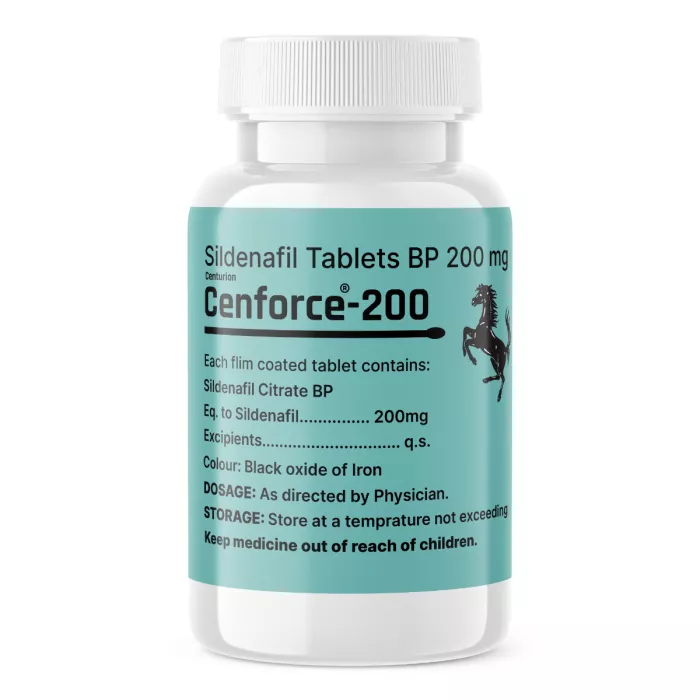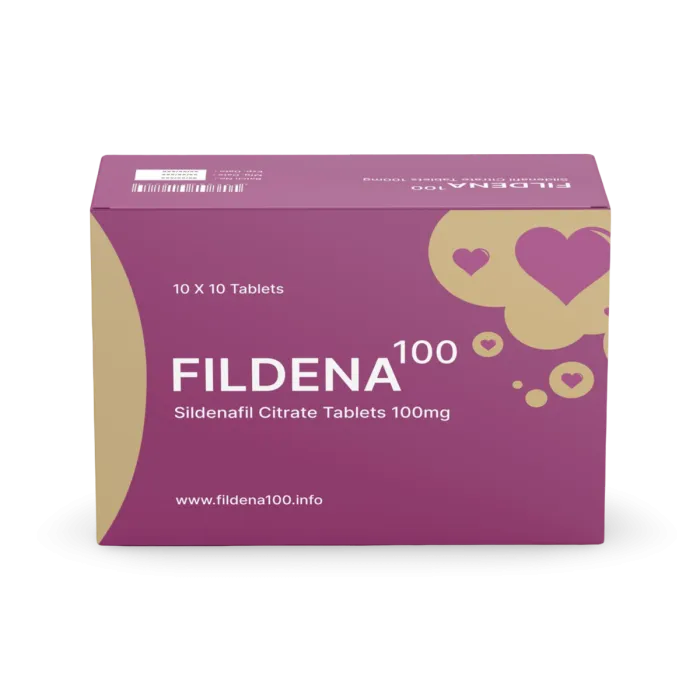The human body goes through many changes as it ages, and sexual health is one of them. The Testosterone levels decline, the sexual drive becomes low, and the tendency to ejaculate also decreases as the man ages.
But at what age does a man stop ejaculating is one of the main questions that many men seek, but often feel hesitant to ask. The answer to this question is not a straightforward number, as ejaculation does not stop suddenly at a particular age. It depends on several physical, psychological, and lifestyle factors.
This article will explore the physiological process of how ejaculation changes with age and whether men ever truly stop ejaculating. We’ll also examine how health, medications, and lifestyle habits can influence sexual function in later life.
At what age do men stop ejaculating?
While there is no specific age at which men stop ejaculating, in natural conditions, age can play a significant role in ejaculation. Several age-related changes can affect the quality, frequency, and force of ejaculation. Some of them are as follows:
- Low Testosterone levels: Testosterone, the primary male sex hormone, plays a central role in sexual function, libido, and semen production. Testosterone levels decline gradually after age 30 by about 1% per year. Thus, it can affect your ejaculation as you age.
- Reduced semen volume: As men age, semen volume tends to decrease. This is due to reduced output from the seminal vesicles and prostate. Some older men notice that ejaculation feels weaker or results in less fluid.
- Lower sperm count and quality: Sperm production and motility all decline with age, especially after 50.
- Longer refractory periods: The refractory period (the recovery time before a man can achieve another erection or orgasm) increases with age. In younger men, this may last a few minutes to an hour. However, it can last several hours or even days in older men.
- Erectile Dysfunction: As a man ages, Erectile Dysfunction (ED) may cause erection to become less firm, more challenging to achieve, and shorter in duration. As a result, it can lead to low sex drive and erection issues.
Save up to 90% on your medicine bills

Cenforce 200 mg

Kamagra Oral Jelly Rx 100 mg

Fildena 100 mg

Vidalista 60 mg
When does ejaculation stop completely?
In healthy men, ejaculation doesn’t necessarily stop altogether due to age. However, several conditions and factors can interfere with ejaculation, such as:
Medical conditions
Several health conditions become more common with age and can affect ejaculation. Some of them are as follows:
- Prostate surgery: Procedures like Prostatectomy for Prostate Cancer often result in a condition called Retrograde Ejaculation.
- Diabetes: Diabetes can damage nerves involved in ejaculation. Thus, it can impact ejaculation.
- Multiple Sclerosis (MS): This condition may impair nerve signaling essential for ejaculation, disrupting the timing and coordination of ejaculation.
- Spinal cord injuries: Depending on severity, spinal cord injuries can inhibit the ejaculatory reflex.
Medications
Certain medications can impact ejaculation, especially those commonly prescribed to older men, such as:
- Blood pressure medications: Some medications, such as Beta-blockers, used to treat High Blood Pressure may also cause Retrograde Ejaculation.
- Hormonal treatments: Some hormonal medications, such as those used in Prostate Cancer therapy, can significantly lower Testosterone levels. In some cases, it can lead to a complete cessation of ejaculation.
Lifestyle and psychological factors
Your lifestyle choices also play a crucial role in ejaculation, such as:
- Overweight: Being overweight or physically inactive can contribute to hormonal disturbances and vascular problems, both of which negatively affect sexual function.
- Poor diet and sleep: Diets high in processed foods, red meats, and refined carbohydrates, as well as chronic sleep deprivation, can disrupt hormone levels and reduce sexual health.
- Stress and anxiety: Chronic stress can increase Cortisol levels and suppress Testosterone, which is vital for sexual function.
- Depression: Depression is closely linked to reduced libido and can directly impair the ability to ejaculate.
- Performance anxiety: Worrying about Sexual Performance Anxiety can inhibit the sensations necessary for ejaculation, even if erections are normal.
Common ejaculation problems in men:
- Premature Ejaculation:When you ejaculate much sooner than you or your partner desires.
- Delayed Ejaculation:When you ejaculate much later than when you wish it to occur.
- Retrograde Ejaculation:It happens when semen enters the bladder instead of exiting through the penis.
How to treat early stopping of ejaculation in men?
Managing the stopping of ejaculation before the natural age in men involves a combination of medications, behavioral techniques, lifestyle modifications, and psychological support. The following are the best treatments for ejaculation problems:
Medical treatments
Medical treatment involves medications, topical Anesthesia, and birth control.
Medications
The following are the best medications to treat Premature Ejaculation, which is also a common concern in men:
- Selective Serotonin Reuptake Inhibitors (SSRIs): SSRIs can delay ejaculation as a side effect and reduce the risks of Premature Ejaculation in men.
- Tramadol: A pain reliever that can also delay ejaculation, used when SSRIs are ineffective.
- Phosphodiesterase-5 inhibitors: Medicines like Sildenafil (Viagra) and Tadalafil (Cialis) are primarily for Erectile Dysfunction but may help with Premature Ejaculation, especially when combined with SSRIs.
Topical Anesthetics
Creams or sprays containing lidocaine or Prilocaine can numb the penis and help delay ejaculation. These should be used with caution to avoid numbing the partner.
Condoms
Using thicker condoms or those with numbing agents can reduce sensitivity and help control ejaculation. It can help you delay ejaculation and improve sexual satisfaction in men.
Behavioral and physical techniques
The stop-start and squeeze techniques involve stimulating the penis until near climax, then pausing or gently squeezing the head or base to delay ejaculation. Furthermore, some method gradually builds arousal to help control climax. Pelvic floor exercises, such as Kegels, strengthen muscles to improve ejaculatory control and sexual function. Thus, these techniques can prevent early stopping of ejaculation in men.
Lifestyle modifications
Certain lifestyle measures can also help you treat ejaculation problems and improve overall sexual health, such as:
- Regular exercise: It improves cardiovascular health and hormone balance, which are essential for sexual function.
- Healthy diet: It supports hormonal health and vascular function, which are essential to aid ejaculation and erection.
- Adequate sleep: Poor sleep can negatively affect sexual health. Thus, you should get a proper sleep.
- Managing stress: Chronic stress can worsen ejaculation problems. You can incorporate stress-reduction techniques like meditation or yoga.
These measures can help you treat ejaculation problems and regain your sexual intimacy. However, if it persists longer, consult your doctor and seek immediate treatment.

Conclusion
Many men often wonder at what age does a man stop ejaculating. However, there is no specific age after which ejaculation stops. Several age-related factors can change the quality, frequency, and force of ejaculation. Low Testosterone levels, reduced semen volume, low sperm count, longer refractory period, and ED are some of them.
Moreover, in healthy men, specific medical conditions and lifestyle factors can lead to stopping ejaculation completely. These factors include diseases like Diabetes and medication, such as Antidepressants and hormonal treatments. Being overweight, stressed, depressed, and having a poor diet may also lead to ejaculation problems.
Thus, you must consult your doctor and seek proper treatment for a faster recovery. Your doctor knows your health condition and can prescribe the best treatment for improved relief.
Frequently Asked Questions
What happens if a man goes a year without ejaculating?
If a man goes a year without ejaculating, there are generally no harmful physical or psychological effects. The body simply reabsorbs unused sperm, though some may experience temporary discomfort, mood changes, or reduced fertility if the inability to ejaculate is due to an underlying condition.
Why does a man’s mood change after ejaculation?
A man’s mood may change after ejaculation due to hormonal and neurotransmitter shifts. Dopamine and Oxytocin levels drop while Prolactin rises, leading to feelings ranging from relaxation or sleepiness to sadness or irritability in some individuals.
What is the oldest age a man can produce sperm?
There is no fixed upper age limit for sperm production. Men can produce sperm throughout their lives, with documented cases of fatherhood into their 90s. However, sperm quality, fertility, and Testosterone levels decline significantly after age 40.
What are the risks of becoming a father in the 60s or 70s?
Fathering children at advanced ages, like 60 or 70, increases risks such as reduced fertility, higher chances of miscarriage, premature birth, and genetic disorders. Children face elevated risks of Autism, Childhood Cancers, and low birth weight, with potential impacts on the mother’s pregnancy health.
Cheap Medicine Shop only refers to credible, authoritative sources for our content. If you’re curious about how we ensure the integrity of our content, we encourage you to read our Content Information Policy.














